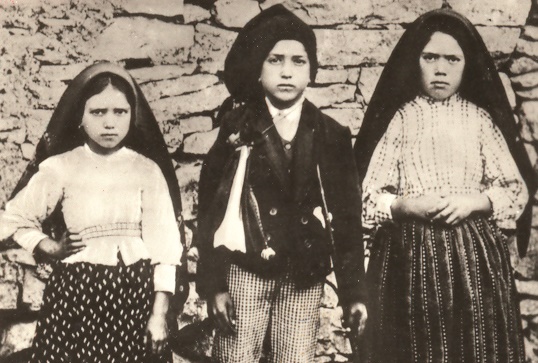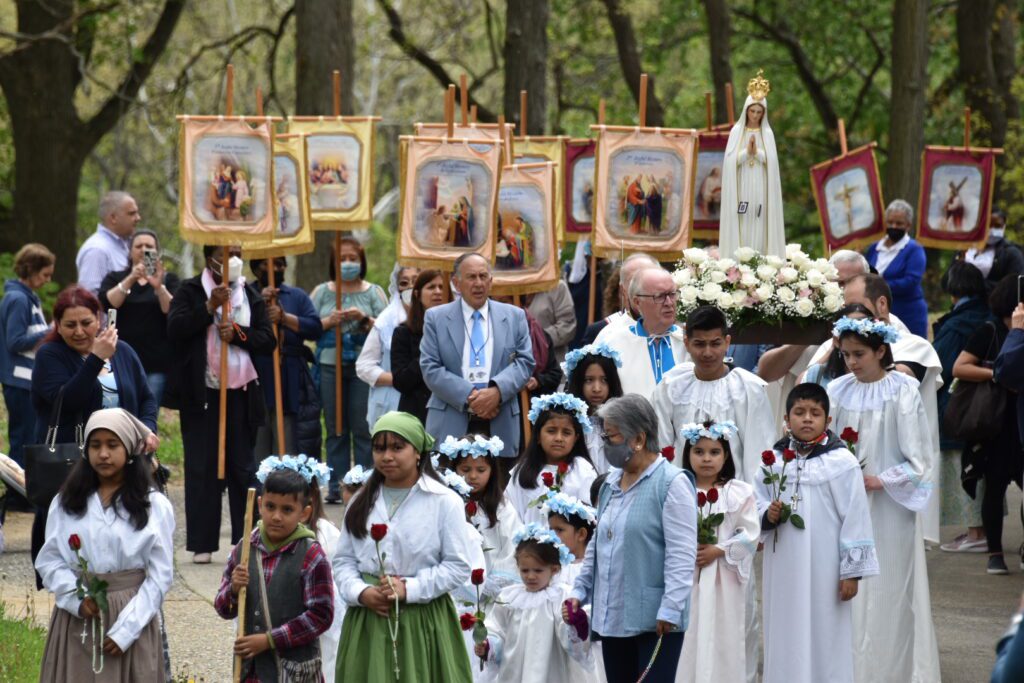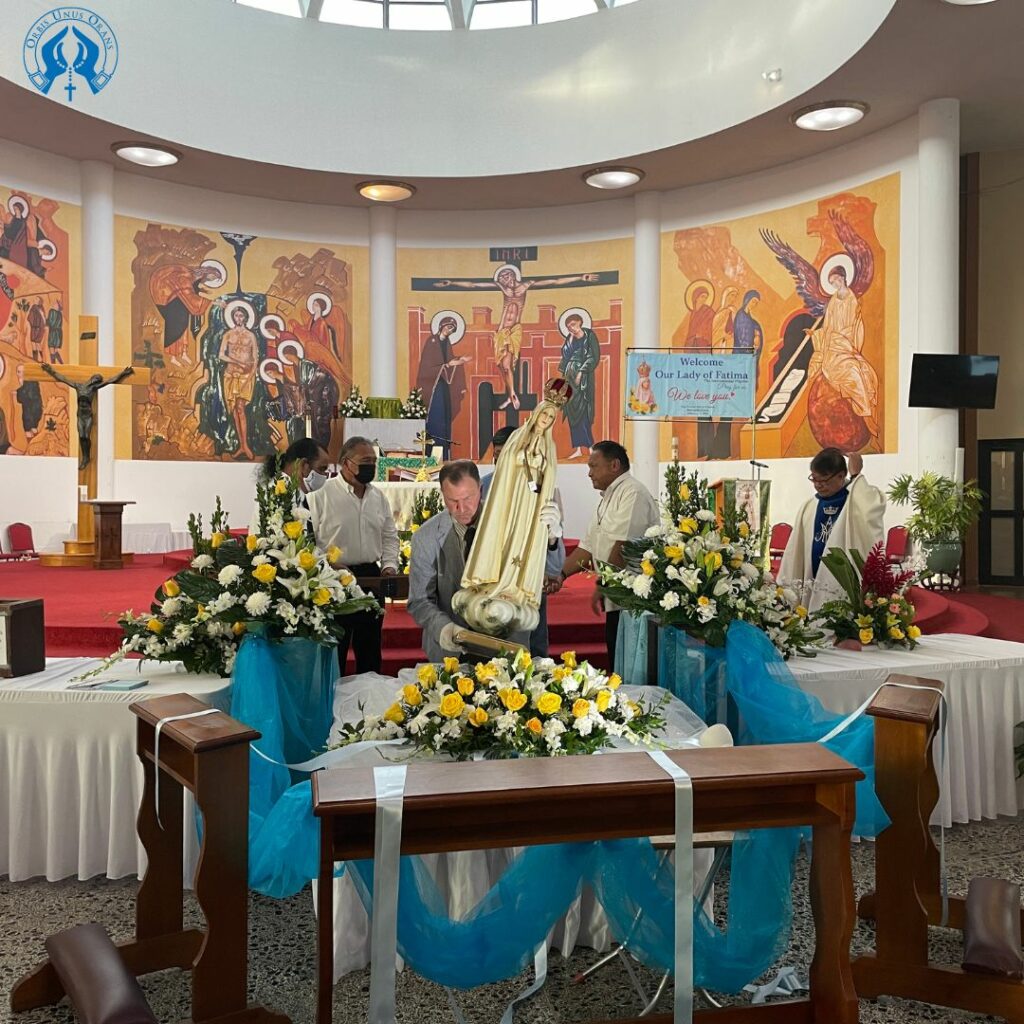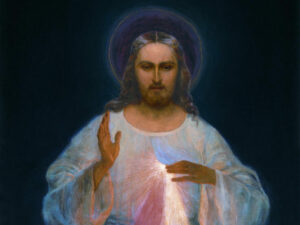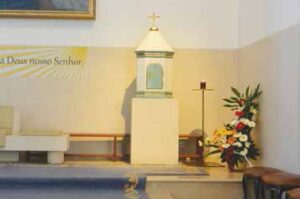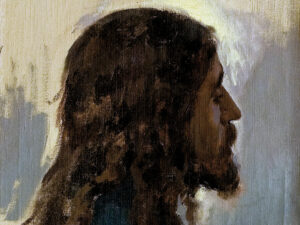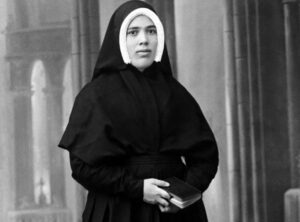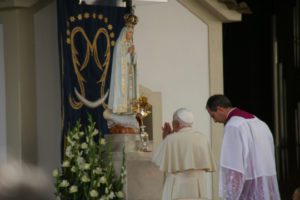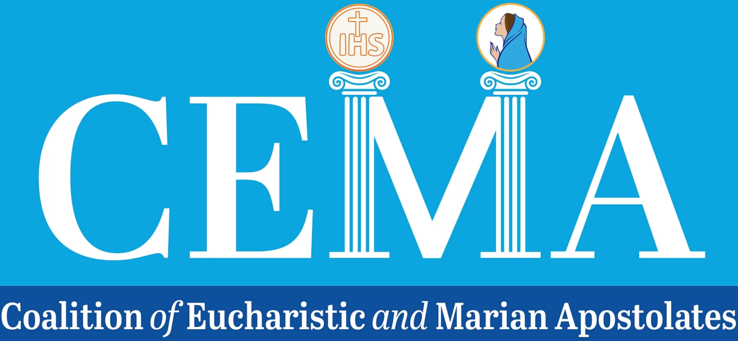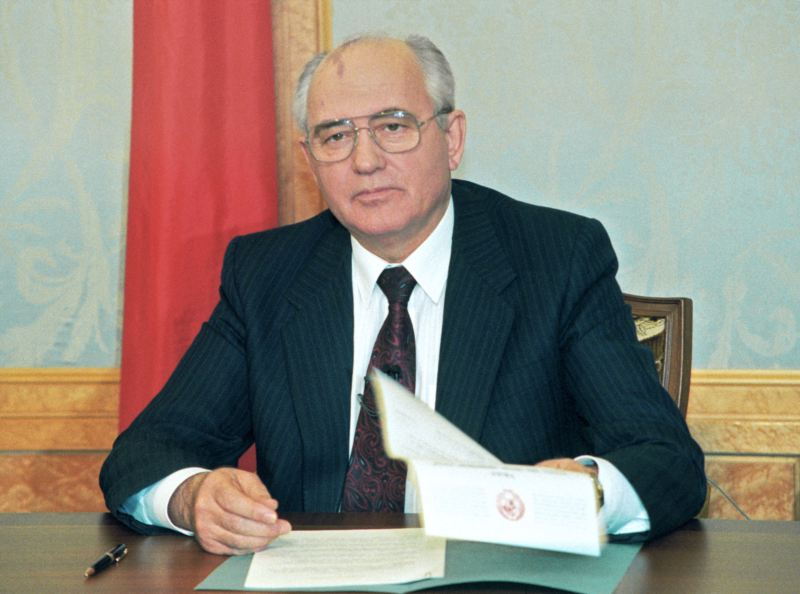

Just one year after St. Pope John Paul II’s consecration of the whole world, including Russia, to the Immaculate Heart of Mary on March 25, 1984, the new Soviet Union president and Communist Party leader Mikhail Gorbachev began instituting democratic reforms in the spring of 1985 that he later acknowledged were “historically correct.”
In 1991, after two meetings between Gorbachev and John Paul II, and a series of calamities suffered by the Soviet Union, which bear the mark of the hand of heaven, an unexpected collapse of the totalitarian regime of the former Soviet Union occurred.
After a failed coup attempt against Gorbachev and the new reforms on the eve of August 22, the feast of the Queenship of Mary, Gorbachev resigned as the leader of the Communist Party and banned it from all state bodies on August 24. His ministers, many who supported the former regime, were sacked and some charged with high treason, and the KGB was purged. The final months of that year led to a Christmas Day that is worthy to recall:
In September, Gorbachev declared during a live television interview that “the historical experience we have accumulated has allowed us to say in a decisive fashion that the model has failed.”
On October 13, the first pilgrimage to Fatima from Moscow occurred and was broadcast live on Russian television.
On November 7, the Bolshevik Revolution was for the first time not commemorated with the customary military parade through Red Square. Instead, the Orthodox Church led a procession to mourn the victims of Communism. Also, the city of Leningrad changed its name back to St. Petersburg.
On December 8, the feast of the Immaculate Conception, Boris Yeltsin, president of Russia, who was instrumental in organizing citizens to rally outside the Russian Parliament building in order to resist the August coup, signed an agreement with leaders of Ukraine and Byelorussia setting up a commonwealth. Eight of the nine remaining republics of the Soviet Union applied to join as charter members. By December 21, the Commonwealth of the Independent States proposed by Yeltsin was founded.
The final act of the whole immense drama was reserved for Christmas Day, 1991, when the Church celebrates the birth of Jesus, the divine Son of the ever-Virgin Mary. That day, Mikhail Gorbechev announced his resignation as president of the Soviet Union, and what remained of the USSR dissolved. The following extracts are taken from his television address to the whole nation, remarkable for its honest and open admission of deficiencies of the system that he had sought to reform:
“Due to the situation that has evolved as a result of the formation of the Commonwealth of Independent States, I hereby discontinue my activities as President of the USSR. …Destiny so ruled that, when I found myself at the helm of this state, it already was clear that something was wrong…we were living much worse than people in the industrialized countries. …Doomed to cater to ideology, and carry the onerous burden of the arms race, the country found itself at breaking-point. …We had to change everything radically. …I am convinced that the democratic reform we launched in the spring of 1985 was historically correct. This society has acquired freedom. It has been freed politically and spiritually, and this is the most important achievement that we have yet to fully come to grips with. …The totalitarian system has been eliminated. Free elections have become a reality. Free press, freedom of worship, representative legislatures and a multi-party system have all become reality. Human rights are being treated with supreme principle. We are now living in a new world. An end has been put to the cold war and to the arms race, as well as to the mad militarization of the country, which had crippled our economy, public attitudes and morals.
“I consider it vitally important to preserve the democratic achievements which have been attained in the past few years. We have paid with all our history and tragic experience for these democratic achievements, and they are not to be abandoned, whatever the circumstances. Otherwise, all our hopes for the best will be buried.
“I am very much concerned as I am leaving this post… (but) I am positive that, sooner or later, someday, our common efforts will bear fruit and our nations will live in a prosperous, democratic society.”
Mikhail Gorbechev died August 30, 2022, at age 91.
Source: Fatima, Russia and Pope John Paul II, by Timothy Tindal-Robinson ©1992. First published in the Fall 2016 issue of Soul Magazine.


